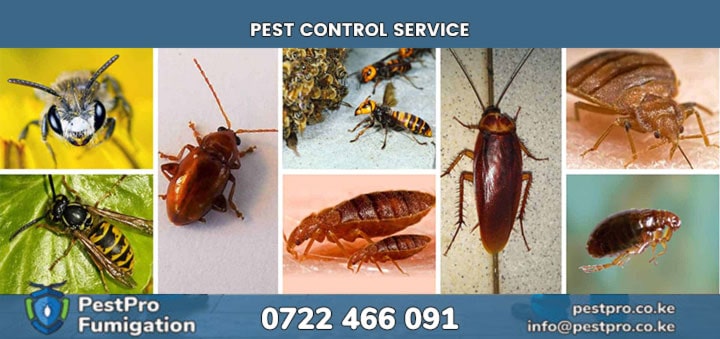Rural Property Pest Control: Kiambu Countryside Solutions
Rural properties in Kiambu County face distinct pest control challenges that differ significantly from urban environments, with larger treatment areas, diverse pest species, and limited access to professional services requiring adapted management strategies. These properties often host beneficial wildlife alongside problem pests, requiring selective control methods that preserve ecological balance.
Agricultural and Wildlife Interface Issues
Rural properties commonly interface with agricultural areas where pest control practices on neighboring farms can influence pest populations and species composition on residential properties. Pesticide applications on adjacent farms may drive pest species toward untreated areas, creating sudden infestation problems requiring immediate attention.
Wildlife corridors and natural areas provide pest species with alternative habitat and food sources that make elimination difficult while supporting beneficial species that help control problem pests naturally. Understanding these ecological relationships helps develop management strategies that work with natural systems rather than against them.
Seasonal agricultural activities including harvesting, plowing, and crop protection applications create population fluctuations and movement patterns that affect rural residential properties predictably. Planning pest management activities around these agricultural cycles improves effectiveness while reducing conflicts with beneficial species.
Large-Scale Treatment Considerations
Extensive property areas requiring treatment may exceed the capacity of typical residential pest control equipment and methods, necessitating agricultural-grade application equipment or modified treatment approaches that provide adequate coverage at reasonable costs. Professional services may need specialized equipment for large rural properties.
Cost-effectiveness becomes particularly important on large rural properties where treatment expenses can escalate quickly without careful planning and selective application strategies. Focus treatments on areas where pests actually cause problems rather than attempting property-wide elimination that may prove unnecessary and expensive.
Environmental considerations including water sources, livestock areas, and beneficial insect habitat require careful treatment selection and application methods that minimize impacts on non-target species while achieving effective pest control in problem areas.
Self-Sufficiency and Resource Management
Remote locations may limit access to professional pest control services and supplies, requiring rural property owners to develop self-sufficient pest management capabilities including equipment ownership, product storage, and treatment application skills that urban residents typically outsource to professionals.
Establish relationships with agricultural suppliers and extension services that can provide pest management advice and supplies appropriate for rural applications, often at better prices than urban retail outlets while offering products specifically designed for large-area treatments.
Develop equipment maintenance and calibration capabilities that ensure treatment effectiveness while extending equipment life and reducing long-term costs. Proper equipment care proves essential for reliable pest control on rural properties where equipment failure can create significant problems.
Integration with Agricultural Practices
Coordinate pest management activities with any agricultural or horticultural operations on rural properties to avoid conflicts while maximizing treatment effectiveness through integrated approaches that address multiple pest species simultaneously. Share equipment and resources between residential and agricultural pest management activities where appropriate.
Utilize agricultural extension resources including pest identification services, treatment recommendations, and research-based management strategies that provide access to professional expertise at reduced costs compared to commercial pest control consultation.
Consider beneficial species management including predator habitat enhancement and selective pesticide use that preserves natural control agents while addressing specific pest problems that exceed natural control capacity.
More pest Control ServicesPestPro Facebook Page
Medium
